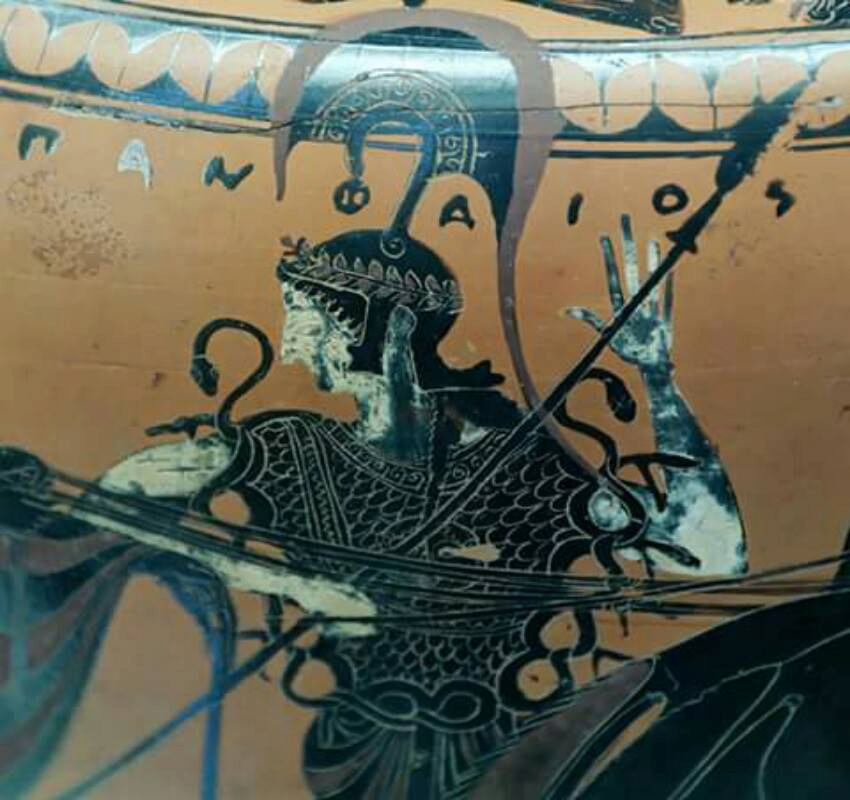?Why should Amazigh mythology be taught to children

Teaching mythology to children has many benefits and importance, including:
1. Preserving cultural identity: Amazigh mythology is considered an important part of the Amazigh cultural heritage, and learning it contributes to preserving the Amazigh identity and spirit of children as well as enhancing their understanding of their origins, history and traditions.
2. Develop imagination and creativity: By learning about myths and mythical characters, children are encouraged to use their imagination and develop their creativity in reimagining and retelling these stories.
3. Developing reading and writing skills: Mythology can help enhance children’s love of reading and their attachment to non-traditional texts. It can also inspire them to write and create their own stories.
4. Promoting critical thinking: By studying mythology, children can develop critical skills and logical thinking. They consider myths and stories and review them from an analytical perspective and deduce the meanings and symbols hidden in them.
5. Social communication: Learning mythology can contribute to enhancing social communication among children. When they study myths and mythological figures, they can discuss and share stories and ideas with classmates. This type of interaction helps build friendships and collaborate in teamwork.
6. Understanding values and meanings: Mythology often includes moral ideas and values. When children learn about myths, they can extract values and moral meanings from these stories and apply them in their daily lives.
7. Expanding general knowledge: Learning mythology can contribute to expanding children's knowledge in general. They can learn geography, history, historical events, arts, literature and science by studying different myths and their applications in culture.
In short, learning mythology for children can be fun and beneficial in their personal and academic development and enhancing their understanding of the world around them.
• Teaching mythology and secularism
Teaching mythology to children does not necessarily conflict with the principle of state secularism. Secularism means separating the state from religion and ensuring freedom of belief and faith for individuals. It is important that teaching be in a non-fanatic manner and refer to a mere description of myths and legendary stories without promoting them as religious truths or beliefs.
Source: websites

